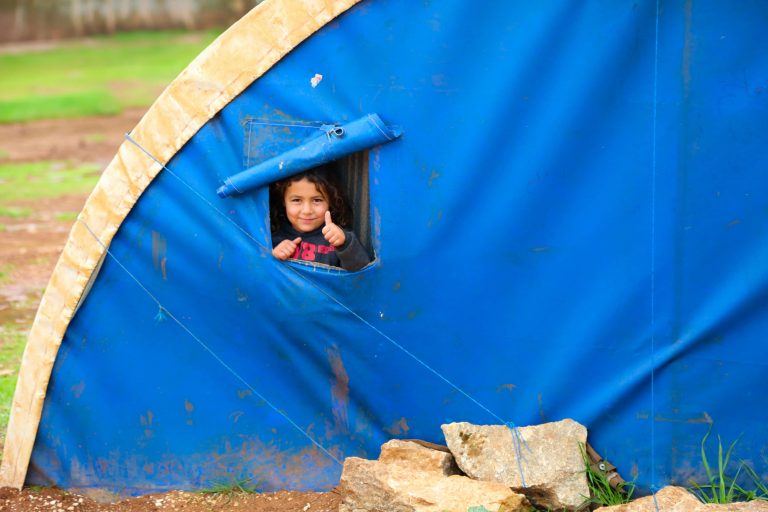When conflict strikes, the physical toll is immediately visible—destroyed homes, displaced families, and lives upended. But there’s another, often invisible, battle taking place: the struggle for mental well-being. For refugees, the trauma of conflict can leave lasting scars. As professionals, how can we offer effective support to those who’ve endured such profound losses? It’s not just about providing safety and shelter; it’s about creating an environment where healing is possible.
Understanding the trauma
Refugees often face a cascade of stressors: displacement, loss of loved ones, witnessing violence, and the fear of the unknown. According to research, the mental health impact of conflict can manifest as PTSD, depression, anxiety, and even physical ailments. It’s crucial to acknowledge that these experiences shape their mental state. But what can we do?
Creating a foundation for support
First, creating a sense of safety is paramount. The trauma of being displaced and living in constant uncertainty weighs heavily on the mind. Refugees need to feel that they are in a place where they can begin to rebuild their lives—physically and mentally. Establishing clear communication, access to healthcare, and understanding local cultural contexts will go a long way.
In addition, trauma-informed care is key. This approach recognizes the wide-reaching effects of trauma on the brain and body, guiding health providers to offer empathetic, non-judgmental, and patient-centered care. Listening is one of the most powerful tools we have.
Promoting resilience
Resilience doesn’t mean “bouncing back” to a previous state of normalcy. For refugees, resilience often means finding strength in the face of continuous adversity. A vital step is helping individuals find new support networks—through peer support groups, therapy, or community-based programs. Encouraging community connections, maintaining cultural practices, and fostering hope are some of the most effective ways to help refugees rebuild and regain their mental well-being.
Supporting refugees isn’t about offering quick fixes but taking a long-term, compassionate approach to mental health in the face of displacement.


